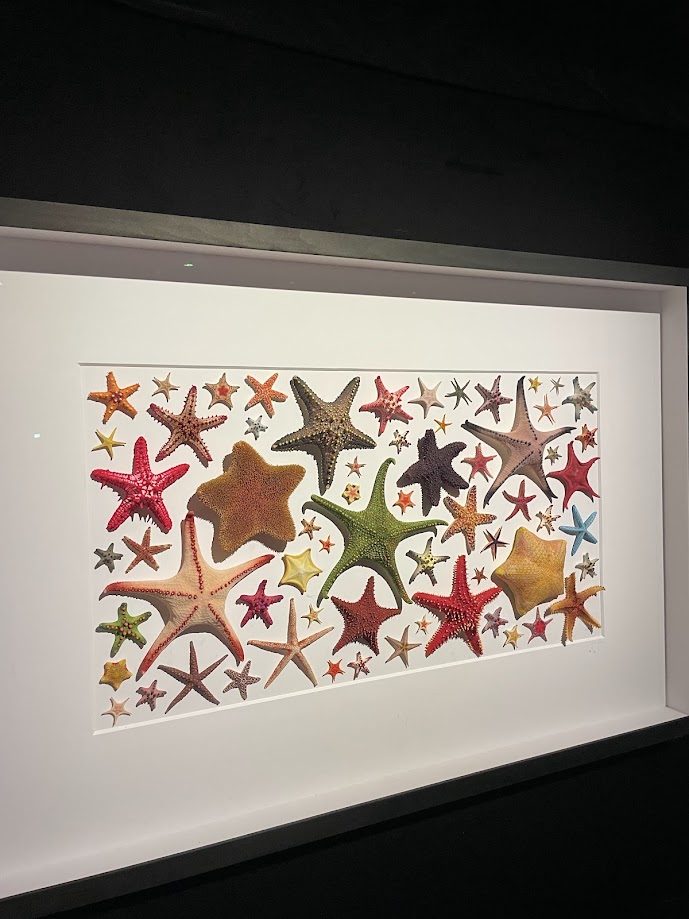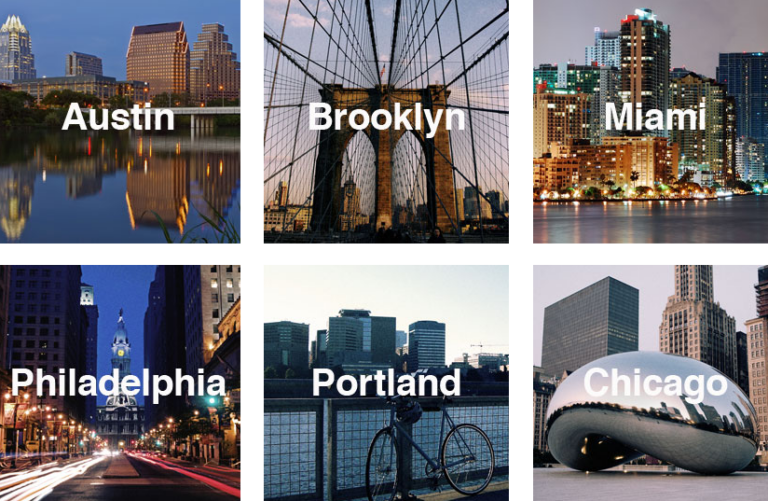Uncovering Cuba
Before landing on the somewhat illicit island of Cuba, I was pretty optimistic. Heck, what could be so wrong with the destination that claims to be the birthplace of Mojitos? I was sure that the drama about the Cuban Missile Crisis and its communist propaganda were just more American media hyperbole. As a world traveler, I experienced many US-media-gone-super-crazy moments. Case in point: Mexico’s swine flu, Post 9-11 travel fears, and the death of Michael Jackson. But I regress.

Well, we flew into Havana on a sizzling and unpleasantly damp afternoon. The plan was to spend one full day in Cuba shooting images of the locals and capturing what life is really like in this mysterious, forbidden place. I am a journalist and my husband a photographer. The goal was not to get questioned about our visit by the Cuban government and leave with some telling images of modern Cuba. So, before we departed, we had to get our stories straight, just in case Cuban officials interrogated us separately. “We are students at a Spanish school in Mexico and we are here overnight to meet other students. We fly out tomorrow night.” Some of that was true. We were students at a Spanish school and we did plan to be in Cuba for only one full day. It was not enough time to explore the bucolic countryside or spend sultry evenings dancing salsa with the locals. After all, that is what I expected.

But what I encountered was the complete antithesis of my expectations. I witnessed a sad, dilapidated Cuba that Fidel and his cronies don’t want me, the US journalist, to know about. I was shocked.

Cuba is falling apart, literally.

One of the students picked us up in a relic of a car that churned out black smoke and violently whined with every turn we made. “My goodness,” I whispered, “They really still drive these yank tanks!” On our way to Havana (in a car that was built before the invention of air conditioning), we passed billboards cursing the US and then more billboards that praised Che and celebrated the revolution.


Even though Cuba is a glorious island floating in the soft aqua-blue Caribbean Sea, and is a mere 90 miles from Florida, it does not change the fact that it’s a totalitarian communist state. And, unlike the ebullient greetings you get when arriving at other Caribbean destinations, Cuba seems dead. I found that quite surprising since it was the Cubans who invented salsa music and mastered the cigar. Oh yes, these accomplishments were before the revolution.

The Cubans I met are beautiful people, but behind their big, dark eyes I could see desperate sadness. When we met up with a group of young locals, I tried to ask questions about living in a Cuba and their hopes for the future. I didn’t get any insightful answers. They spoke of family and special moments like weddings and births. But not once was Fidel and the restrictions on their lives ever mentioned. They don’t talk about it and they can’t travel. They don’t know anything about the latest iPhone apps (cell phones were just legalized in 2008), personal computers are rare (forget the Internet), and as for the television programming, no Dancing with the Stars, or Oprah, or Desperate Housewives (maybe that’s a good thing?) The Cuban communist government manages all media and television programming.

Under the rubble of years of neglect, you can catch a glimmer of Cuba’s former glory. Walking near the beach, I could just imagine what it was like in the fifties. Havana must have been filled with fabulous beach homes, poolside parties, and celebrated wealth. But now, each of those once-glorious villas are occupied by two to five families. And the edifices are crumbling, leaving the families living within the rotting walls despondent. Oh, but I forgot the mention, housing is FREE in Cuba. Thanks Fidel.

The average wage in Cuba is under $20 a month. On a cynical, capitalistic note, yes, Cubans get free housing, health care, food rations, and education. But what about their dignity, passion, and drive to create change? You can’t put a price on freedom, and if you could, it would be worth more that $20 a month.

On this trip, I realized that I took my freedom for granted. As Americans, we can protest, we can read whatever books we want, and we can even watch vacuous television without the moral police showing up. And yes, we can travel. Well, we can travel, as long as the US does not have a trade embargo on that country.

Which leads me to my next point. The Cubans could use our tourism support, and it would be a great idea to show Americans what it would be like to live and a communist country. Americans traveling to Cuba might value their freedom just a bit more. And this country could use a bit more gratitude and appreciation. “You think you don’t have any opportunities in the US? Take a trip to Cuba!”

Much like those archaic cars spewing out black guck into the somber Cuban air, the trade embargo that the US has against Cuba is outdated. It’s time for a change. What is fascinating is that we (US citizens) can travel to Russia. But Russia continues to suppress political freedoms in the press, and they are the ones that started the Cuban Missile Crisis in the first place. As a travel writer, I find it stupid, as a global citizen I think it’s unfair.

We are a forgiving country. Right? There is no reason for the US to keep up this wall of intimidation and fear with respects to Cuba.
So, Mr. Obama, tear down this wall.
Photo credit: Tim Williamson
For more photos of Cuba, visit TDWMedia.com
Discover more from Tango Diva
Subscribe to get the latest posts sent to your email.






Thanks for posting this. Your photos really add truth to your statements. I’ve been wanting to visit for years.